You can clean a washing machine from scale in different ways. The main thing is to do it regularly so that such a trifle as limescale does not lead to an additional burden on the family budget in the form of buying a new washing machine.
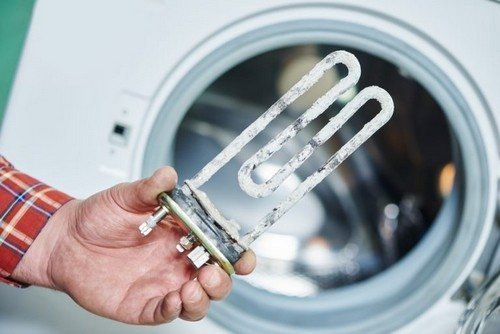
Causes of appearance
Water, no matter how transparent it looks, contains impurities and salts. Tap water, even if it undergoes industrial purification methods, cannot be completely purified from various additives, salts, impurities. The presence of such substances in water to a greater or lesser extent indicates its hardness.
This quality - water hardness - is the cause of many problems. When heated, the impurities contained in water decompose into two elements: a sediment of metal salts and carbon dioxide. The sediment does not dissolve, it has the negative ability to settle on the walls of the heating device and the vessel in which the water is located. These solid deposits that form on devices and containers when water is heated or evaporated are called scale. Most scale is formed by water with a high content of calcium and magnesium, it is considered the hardest.
This article is devoted to the problems of automatic washing machines, directly dependent on the appearance of scale in them, and the prevention of these consequences.
Consequences
Scale causes breakdowns of evaporators, water heaters, steam boiler pipes, tubular electric heaters for kettles, dishwashers and washing machines, and is the root cause of failure of household appliances.
The most likely cause of a problem with an automatic washing machine, when it suddenly turns off, perhaps even in washing mode, is a breakdown of the tubular electric heater (heating element). On this part, as already noted, due to the effects of the presence of salts and metals in the water, scale accumulates. Its negative impact begins already from the first wash, although the machine is still working, it would seem, without deviations.
Scale is a very dangerous enemy of heating equipment. It reduces thermal conductivity, increases energy costs, and can intensify corrosion of metal parts. If you do not take special measures, the device will completely fail.
To prevent the enemy from showing its destructive effect, you need to either wash in soft water, or use special substances to neutralize water hardness. Even a thin layer of deposits, the appearance of which is provoked from the first turning on of the machine, can initially create very little interference with heating the water: the heating process will require a little more time, which leads to a gradual increase in energy costs with each wash and an increase in salt deposits. In addition, the high temperature required for washing clothes activates the formation of scale.
When the amount of deposits becomes critical, the housewife's irreplaceable assistant is unable to provide its main function. The washing machine breaks down and may turn off even in operating mode.More significant financial investments will be required to either replace or repair a unit affected by scale deposits.
Another initially hidden negative impact of scale is the appearance of fungus, the destruction of which is difficult and financially costly for the consumer.
Methods and methods of dealing with scale
What and how should be done to neutralize the destructive effect of scale on an automatic washing machine?
The answer is simple. Firstly, in order not to pay for frequent repairs, or not to spend money on a new purchase, you must follow the recommendations from washing machine manufacturers and specialists in the repair of this equipment on the issue of preventing the destructive effects of scale.
Secondly, in order to protect your household helper from the consequences of harmful deposits on the electric heater and on the drum, experts recommend using descaling to ensure the longest period of operation of the machine:
- chemical descaling treatment,
- mechanical removal of harmful deposits,
- timely preventative maintenance.
Chemical method for descaling
This method is most often used by the consumer, the least labor-intensive, but the cost of some salt deposit removal products is impressive for the wallet.
The algorithm for chemical care of an automatic washing machine includes:
- Using special products to remove scale from electric heating devices;
- The use of folk recipes that provide such cleaning.
Having chosen the option of care using chemicals, the consumer should listen to the advice of mechanical laundry manufacturers.They authoritatively recommend using special products from trusted companies to
- limit possible side effects,
- protect yourself from too aggressive or too weak influence of unfamiliar means on the automatic unit.
The review of the best special products for descaling washing machines is currently headed by several of the most popular products from foreign and domestic manufacturers.
It makes sense to get to know them in more detail.
Magic Power
| Manufacturer country | Germany. |
| Peculiarities | Recognized by consumers as one of the best means, it ensures the cleaning of old thick layers of scale from the drum, tank, heating element of the washing machine |
| Packaging shape and size | Liquid in 0.4 l bottles |
| Efficiency | High |
| Price for 1 unit. | From 4 USD |
Topper 3004
| Manufacturer country | Germany |
| Peculiarities | Manufacturers of washing machines Miele and Bosch recommend it as the best preparation for cleaning limescale deposits on the heater and other elements of washing machines of all brands |
| Packaging shape and size | Liquid in 250 ml bottles is enough for 2 cleanings |
| Efficiency | High |
| Price for 1 unit. | From 4 USD |
Luxus Professional
| Manufacturer country | Russia |
| Peculiarities | A wonderful universal domestic invention for cleaning all household appliances, including kettles, dishwashers from scale with a pleasant lemon smell |
| Packaging shape and size | Liquid in a 0.5 liter bottle is enough for 4 treatments |
| Efficiency | High |
| Price for 1 unit. | From 3.5 USD |
Bork K8P
| Manufacturer country | Korea. |
| Peculiarities | A concentrated product that cleans old limescale deposits from all elements of washing machines. |
| Packaging shape and size | There are 4 bags of powder in a waterproof paper package, each of them is designed for one cleaning. Before starting the cycle, open the sachet, dilute the contents in a small amount of water and pour into the machine powder tray |
| Efficiency | High |
| Price for 1 unit. | 14 USD |
Top House
| Manufacturer country | Germany |
| Peculiarities | An effective and inexpensive product for descaling heating elements of all household appliances |
| Packaging shape and size | Liquid in a plastic container of 0.5 liters is enough for 5 treatments |
| Efficiency | High |
| Price for 1 unit. | 3 USD |
Universal anti-scale
| Manufacturer country | Domestic product |
| Peculiarities | Cleans dishes well, removes deposits on them; To defeat scale from washing, it is advisable not to use the liquid option - it is ineffective |
| Packaging shape and size | For washing machines, sachets of dry substance are used; 2 100-gram sachets are required for one procedure. |
| Efficiency | The liquid version of the product should not be used to clean washing machines, it is not effective |
| Price for 1 unit. | A 100g bag of dry product costs 0.2 USD. |
How to properly use chemical cleaners
For the safe use of chemicals in household processes, certain requirements and conditions must be met. This rule also applies to cleaning lime deposits from washing machines. A few tips will help you complete the procedure without harming the health of others and ensure environmental safety of the cleaning procedure.
Carefully read the instructions for use of a particular chemical product and strictly follow it.
Regardless of the choice of chemical, it is mandatory to fulfill the general requirements for the cleaning procedure of an automatic device:
- cleaning is carried out without loading laundry, with the machine idling;
- the temperature regime is maintained within 30-90;
- when cleaning the heating element and drum, the product can be placed directly into the drum or into the washing powder compartment before starting the cleaning session;
- working with all chemicals requires the use of latex gloves to avoid burn injuries to the hands;
- when carrying out treatment, you should turn on forced ventilation, if it is available in the apartment;
- All rooms are well ventilated after working with chemicals.
The frequency of use of the product and the amount of substance used in one cleaning depend on its concentration: highly concentrated preparations are used less frequently and in small quantities.
When carrying out the cleaning process, preference should be given to liquid preparations; they dissolve more easily in cold water and are more effective in affecting deposits and any contaminants.
Water softening through filtration and purification systems
An important tip for the longevity of household appliances is water softening. To neutralize the formation of magnesium and calcium deposits and to reduce the concentration of their salts in water, install special filters and systems for purifying tap water.Industrially, such cleaning is carried out by water utility services, but the quality of water after such large-scale actions is far from the desired indicators. Before water comes into the apartment, it comes into contact with many sources of contamination from pipes. To solve the cleaning issue, experts recommend installing water converters, filters that soften water directly in the drainpipe or are inserted into the hose at the inlet of the device.
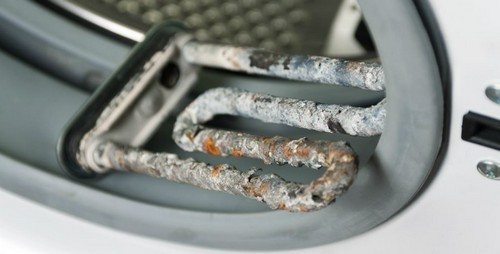
Mechanical cleaning using filters with cartridges effectively removes rust, dirt, and sand. An ion exchange filter, for example, is installed in a pipe at the water inlet to an electrical appliance. This type of flow filter retains water hardness by converting the constituent scale salts (calcium, magnesium, etc.) into sodium ions. Already softened water enters the machine. A dirty filter cartridge can be easily restored by placing it in a water-salt solution. A flow filter with timely and high-quality cleaning will provide a long service life for the electrical appliance, cleaner laundry with economical use of detergents, and a reduction in energy consumption for the washing cycle. The financial benefits are obvious.
An unconventional method of descaling using a magnetic field
Treatment of water with a magnetic field is an unconventional type of anti-scale treatment. This is a simple, cheap, environmentally friendly method with low operating costs. Water treated with a magnetic field does not acquire any side effects or properties harmful to life and health, and retains its taste. Its salt composition also does not change. The magnet only transforms water, activates it and, through its activation, helps prevent the appearance of scale.
The first magnetic processing devices were tested about 40 years ago and confirmed their safety in practice. Magnetic devices do not affect the softness or hardness of water, nor its salt composition and taste, but have a selective effect - they prevent the deposition of salts on the heating elements of devices. Good protection is provided.
Mechanical method of removing lime deposits
It should be noted that the use of this method is the most labor-intensive. To carry out mechanical cleaning, the heating element must be removed from the machine. Armed with sandpaper, rags and gloves, carefully clean off all plaque, trying not to scratch the electric heater. Extreme caution should be exercised and do not use sharp tools when disassembling and assembling the device mechanism. Not only the heating element is cleaned, but also the detergent receiver pipe, the garbage filter, the pump, the drain and water fill hoses.
With a special tool and certain skills and knowledge, you can do without the services of a specialist by performing the cleaning procedure yourself. You just need to remember the rule of this cleaning - after removing and cleaning the part, do not forget to put it back in place and securely fasten it.
This method has features:
- It is cheap because it does not require special devices or means for the cleaning process;
- The heating element is cleaned outside the machine, the quality of the procedure increases because the separated pieces of scale remain outside and cannot cause harm by clogging the unit from the inside, as happens during chemical cleaning;
- If you soak this part after mechanical treatment in a container with citric acid, then, after wiping it well, remove the smallest particles of scale, then when cleaned in this way, its condition, as a rule, becomes perfectly clean without any special costs.
- A positive additional result of such processing will also be checking the condition of internal parts, which makes it possible to determine their wear and prevent malfunctions.
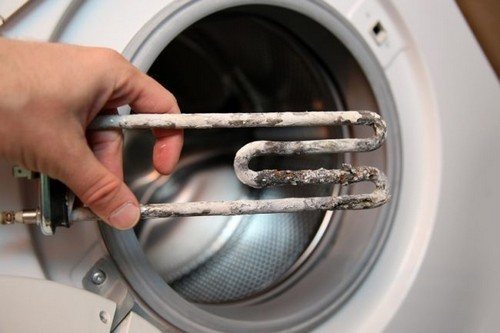
Folk recipes for eliminating lime and salt deposits
The most popular and effective folk remedy for scale is considered lemon acid. This drug is an all-rounder in the fight against scale, according to most consumers. It is also important to remember that citric acid is several times cheaper than a bottle of the cheapest professional descaler for an automatic machine.
Its arsenal of advantages includes:
- low price;
- ease of use;
- high performance;
- the ability to additionally disinfect and eliminate unpleasant odors in the drum of the washing machine;
- efficiency;
- for high-quality cleaning, it is enough to take very little of it (2-3 tablespoons, approximately 200 g is enough) to process a machine designed for a load of up to 4.5 kg,
- treatment with citric acid is one of the cheapest, its cost is affordable;
- This product is used both independently and in combination with other substances to clean the effects of scale no more than once a year, because it is highly aggressive and can corrode the sealing elements of the machine. The action of application is effective.
The method of using this substance is identical to the algorithm for using specialized chemicals:
- check that there are no accidentally forgotten things or objects left in the drum compartment,
- pour citric acid into a cuvette intended for detergents,
- run the longest washing program (up to one and a half hours) in idle mode at maximum temperature (better if higher),
- it is acceptable and desirable to use an additional rinse mode during the cleaning process,
- After the end of the full cycle, it is recommended to leave the drum door and powder tray half-open to dry.
Folk recipes using a mixture of lemon juice and other substances, which are performed according to the descaling technology described for citric acid, have proven themselves well:
- with bleach (pour 200 g of lemon into the powder tray, and pour a 200-gram glass of clarified bleach into the drum of the machine before starting the cleaning cycle in the “Cotton” mode). You can add “Whiteness” to the cleaning cycle; its effect is identical to that of bleach.
- with soda ash (add 2-3 teaspoons of soda to 150 g of citric acid),
Apply vinegar To clean salt deposits, folk craftsmen tried two options.
The first method requires pouring a glass of 9 percent vinegar into the powder compartment and, turning on the longest cycle at the highest temperature (95), run the idle wash cycle with additional rinsing. The action of vinegar is very aggressive, and the seals of the car suffer. In addition, the sharp vinegar smell is difficult to dissipate even after cleaning. Vinegar also promotes rust.This was the reason that vinegar cleaning, although it does a good job of removing scale on the parts of a washing machine, has not gained much popularity among consumers.
The second option involves washing things in a weak vinegar solution. The items are placed in the washing machine, and vinegar is added along with the powder to the maximum mark (approximately 60 ml). With a minimum duration of the washing cycle and a temperature not exceeding 60°C, regular use of this method ensures the prevention of limescale deposits on the “home laundry” parts, and the washed items will be pleasant and soft to the touch. Plus another significant positive - vinegar neutralizes all odors of fragrances and powder from them.
Usage coca cola As a means for descaling washing machines, this is quite an unexpected offer for many. This is a tasty drink, and suddenly it has technical uses? Yes, with Coca-Cola, craftsmen successfully clean not only household washing mechanisms, but also car radiators and industrial installations. In the soak mode, about five liters of your favorite treat, poured inside a home washing device, can cope with a serious problem and prevent damage to the washing machine.
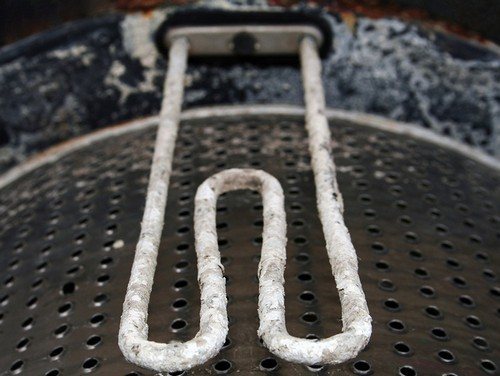
Technological scale protection
Manufacturers of washing machines, caring about the safety and durability of their creations, have worried about technological methods of protection against the harmful attacks of hard water. There are special washing programs at low temperatures. It has been noticed that the deposition of salts from water is associated with the degree of its heating: with highly heated water, more scale forms from it.By monitoring the formation of scale, using washing at low temperatures, using specially designed chemicals for water softening or a softener filter, you can significantly extend the life of your irreplaceable assistant.
About Calgon, soda... and more
Household appliances from good owners are treated prophylactically, they are cleaned of scale, and the water is softened. All of these are correct actions. But some “concerns” are sometimes unnecessary. Considering the data from the angle of an economical approach to organizing the operation of an automatic washing machine, it is worth dwelling on this aspect, using the example of the Calgon product.
By softening tap water, this product protects washing machine parts from scale. Its modest composition has not changed since its invention for about 70 years and consists of ordinary soda and sodium tripolyphosphate.
The production of modern detergents for automatic washing of clothes requires the presence of special additives in powders, pastes and washing liquids to prevent the formation of scale in the washing device. This additive may be sufficient for the necessary prevention of scale formation, if you do not overuse frequent washing at the highest possible temperature.
It is enough to carry out a preventive inspection of parts susceptible to scale damage at least once a year to make sure that everything is under control. You can do a control anti-scale treatment using, for example, citric acid. It's enough. But many caring housewives, wanting to extend the life of their washing machine, often use all sorts of preventive measures with physical, chemical, technological and other effects on scale.But it (scale) may not be there. Extra care will not harm, and the effect of Calgon will not be harmful. But will it be necessary? That is the question. Soda or other cheaper anti-scale agents will adequately replace the Calgon effect.
Using only soda to remove and prevent all kinds of deposits also finds its application in practical descaling. The removal technology corresponds to the use of citric acid. It is enough to place 5-6 tablespoons of soda in an empty drum before starting the wash and run the machine for a full idle cycle at maximum temperature.
Useful tips for caring for your washing machine
When starting the washing process, a caring owner will definitely take all of the following, or at least several actions, to ensure safe operation and extend the service life of his automatic assistant.
- Loaded items are checked for the presence of foreign objects: coins, buttons, seeds, keys, etc.
- Do not load more laundry than the recommended amount.
- It is undesirable to often use the maximum permissible washing temperature; this leads to a sad ending.
- Many things need to be washed in special bags (shoes, things with sharp accessories, iron locks, etc.).
- The washing process must be controlled by the user in order to respond promptly and adequately in unforeseen circumstances and prevent breakdowns or emergencies.
- The detergent tray requires simple, but mandatory care after each use - wipe dry with a rag.
- Leave the drum door half-open after unloading laundry to ensure drying and prevent corrosion of metal parts.
- The cuff of the machine also requires regular care. Under the rubber, detergents that are not promptly removed from an electrical appliance form a jelly-like composition with a specific unpleasant odor. To avoid this, wipe the cuff and grooves with a clean, dry cloth after each wash.
- To avoid damaging the seals, the use of solvents and chemicals is prohibited.
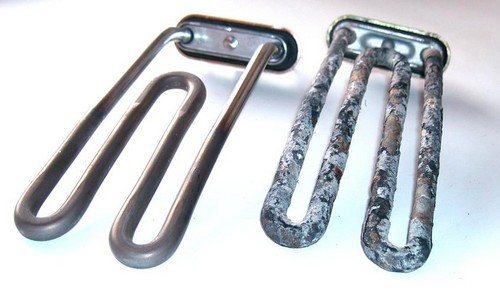
When you need to clean your assistant immediately
If the following signs of excessive scale deposits are observed, you must urgently take care of restoration procedures for your “equipment”:
- increased hum of the unit during the water heating stage;
- The machine does not wash linen and clothes well;
- the appearance of a grayish tint on light-colored laundry after washing;
- the required heating of the contents of the machine is not ensured; the door glass remains cold throughout the entire washing cycle;
- an unpleasant odor appears from the washed items and inside the drum;
- To achieve a high-quality washing result, you have to increase the amount of detergent.
To completely dispel doubts about the need for cleaning, you can, to confirm your assumptions, examine the very culprit of the impending “catastrophe” - heating element. This device is located either under the side of the washing machine, or slightly offset from the center to one side.
Does the drain filter need to be cleaned?
Not only problems with the appearance of scale on an electric heater can cause failure of the automatic device. A clogged exhaust filter may suddenly stop the machine during the washing process.There is only one treatment - cleaning the drain filter.
It is necessary to disconnect the device from the power supply. On the front panel, at the bottom of the unit, there is a hole covered with a square-shaped lid. In the niche behind the lid there is a hose with a plug. You need to place a container under the hose to collect water, which, as a rule, will flow out after opening the plug. A picture of filter clogging will open to your eye: fine dirt, particles of debris that lingered after washing clothes in the machine. There may also be an unpleasant odor.
Further correct actions:
- put on gloves and clean this part from debris with your hands,
- rinse the filter under high pressure water,
- Wipe it dry with a clean dry cloth and put it back in place,
- It is recommended to repeat this operation after each wash, but provided that the items are not heavily soiled, cleaning can be done once every two weeks.


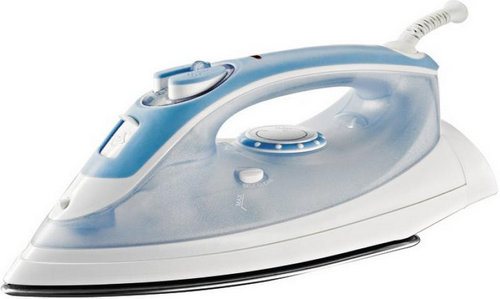
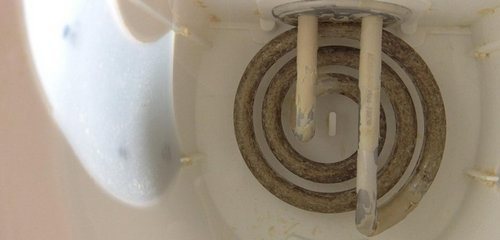
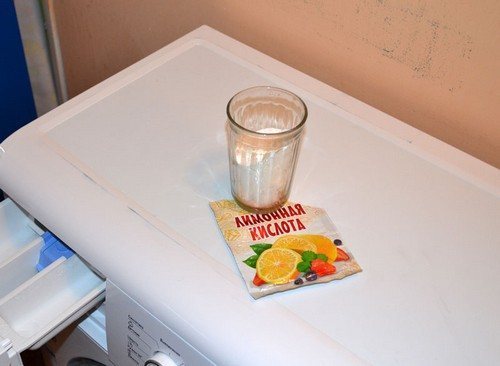
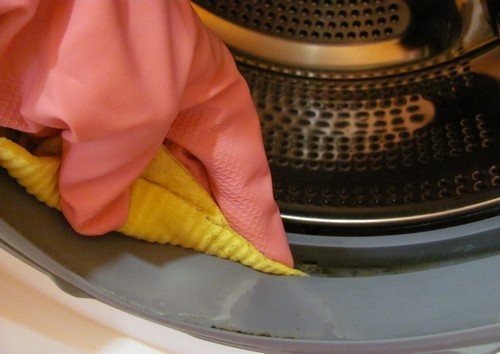
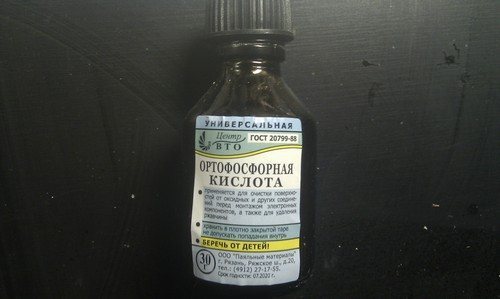
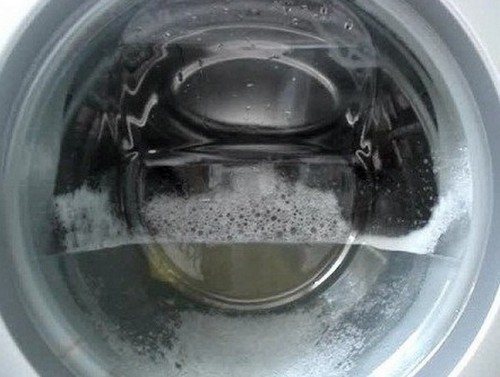
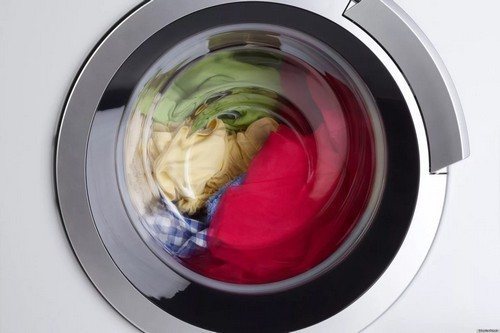
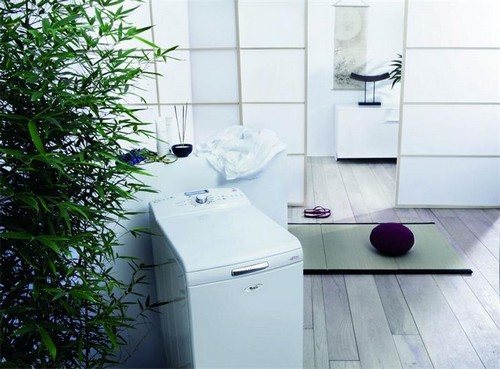
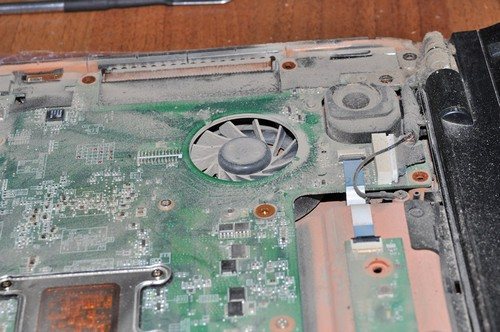
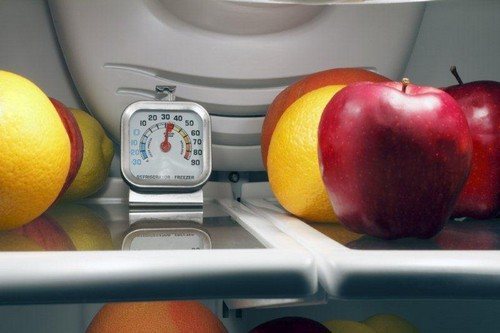

My opinion is not advice and I do not impose that it is correct. Scale on the heating element is an advertising horror story, but prevention of everything in the drain and water control, rinsing once a year is a more necessary thing.In rubber tubes, hoses, grain of sand grain by grain of sand and particles of dirt and powder dissolved with grains of sand mixed and silt deposits, bacteria, smell, etc.